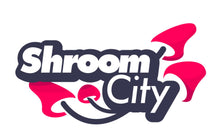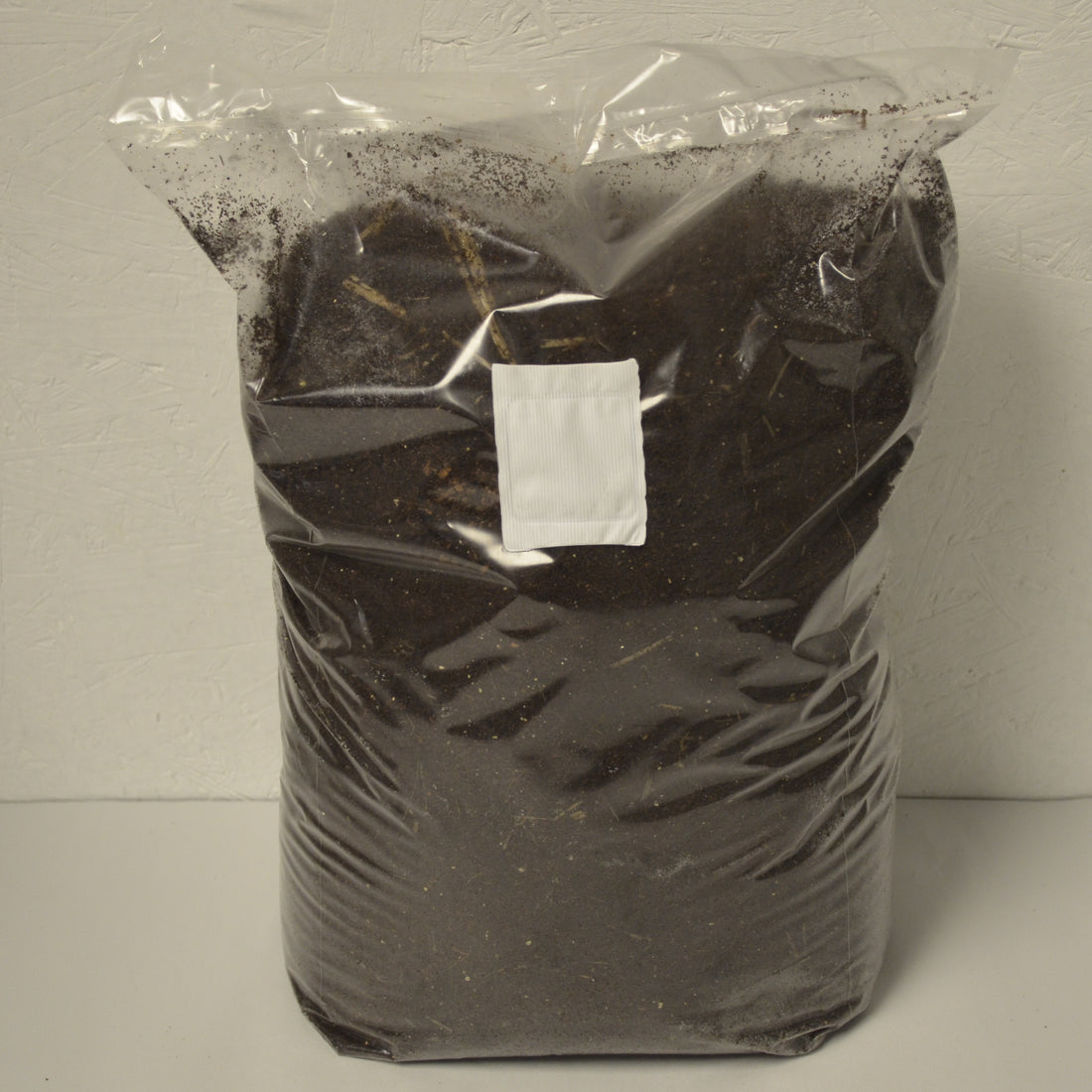Bulk Substrate is a mildly nutritious material of greater volume that is used for mass mushroom cultivation. Bulk substrates are pasteurized and then usually mixed with a pre-colonized spawn which is made with whole grains such as rye berries or wild bird seed. The spawn then inoculates the bulk substrate.
Examples
Common bulk substrates are:
- Manure (for example horse or cow manure)
- Coconut coir, which is a natural fiber extracted from coconut husk and holds many times its weight in water but does not decompose for years. It is sold in compressed bricks in mushroom supply stores such as MycoLife. Coconut coir is usually mixed with vermiculite and pasteurized before inoculated with spawn.
- Straw makes a good substrate because it is both nutritious and easy to break down. Cereal straws such as wheat or rye are the best.
- Worm Castings (Vermicompost) is the end-product of composting using worms. Decomposing vegetable or food waste and bedding materials are used to create a heterogeneous mixture. After the breakdown of organic matter by an earthworm, these castings contain many nutrients and have less contamination.
- Compost is organic matter that has been decomposed. It is used as a fertilizer and soil amendment. Compost is an ideal medium for mycelial growth. Basic mushroom compost is made of wheat straw, horse manure and gypsum (calcium sulfate). There are a variety of optional ingredients that may be added.
- MycoLife Mushroom Substrate has a specialized formula, which is a mixture of the different forms of bulk substrates such as manure, worm castings, straw and coconut coir. It is pasteurized to eliminate potential contaminants. This bulk substrate is the best choice for growing any dung loving mushroom, as it will colonize completely, leaving a healthy mushroom substrate with thick mycelium, and large fruiting bodies in the proper conditions.

